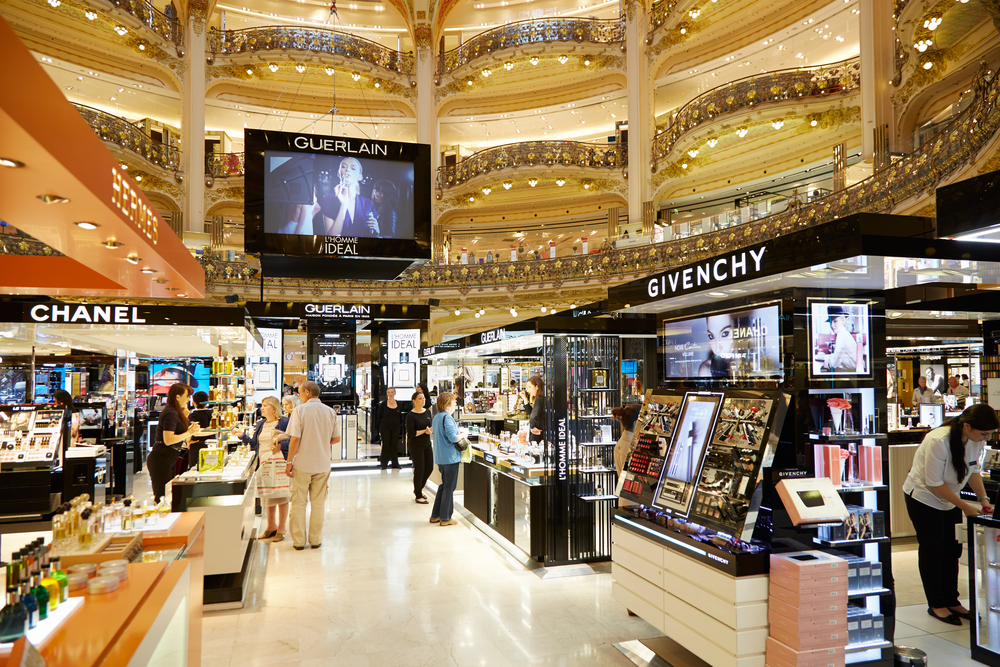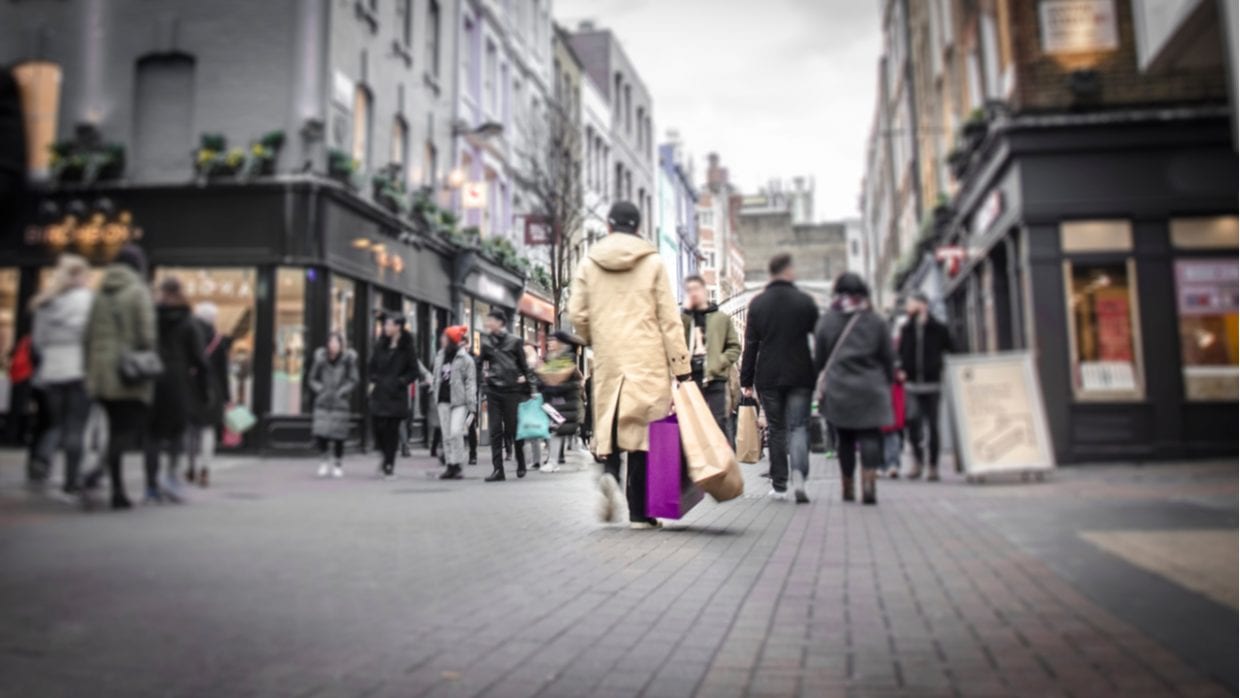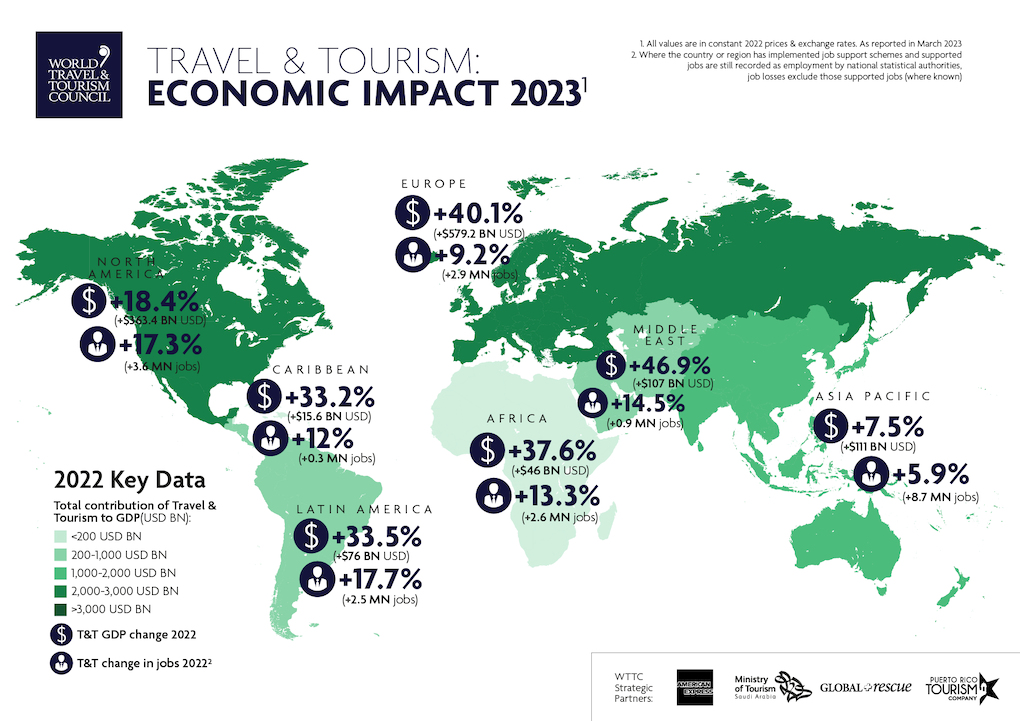 As reported, a crackdown on returning Chinese daigou shoppers at Mainland China’s airports after this year’s Golden Week holiday (1-7 October) has raised serious questions about the future of a sector that has buoyed Asia Pacific travel retail in recent times.
As reported, a crackdown on returning Chinese daigou shoppers at Mainland China’s airports after this year’s Golden Week holiday (1-7 October) has raised serious questions about the future of a sector that has buoyed Asia Pacific travel retail in recent times.
Jing Daily, a content partner of The Moodie Davitt Report, spoke to three daigou about what the new rules and stepped-up enforcement mean for their business.
Under the stained-glass dome of Galeries Lafayette in Paris, a cluster of Chinese shoppers can be spotted queuing up outside the Louis Vuitton boutique, waiting their turn to pick up a coveted monogram handbag. In London, Chinese shoppers swarm Gucci’s newly-opened bubblegum-pink pop-up in Selfridges, eagerly trying on the Instagram-hyped Flashtrek trainers exclusive to the department store.
Ordinarily, these scenes would make luxury leaders rejoice — but panic has recently gripped the industry.
It began in early October as Chinese travellers returned from Golden Week vacation. A wave of images that spread online via microblogging platform Weibo and the WeChat messaging service showed dozens of open suitcases lined up for inspection at Shanghai’s Pudong airport.
It was part of China’s crackdown on the booming cross-border shopping trade driven by daigou, or travelling shopping agents who buy luxury goods overseas to bring back into China for resale — but avoid paying taxes.

The clampdown comes at a time when luxury companies are counting on China for the lion’s share of their sales growth. About one third of luxury purchases by Chinese last year were made abroad, according to Bain & Co, making conglomerates from LVMH to Kering heavily dependent on globe-trotting mainlanders.
Data from Boston Consulting Group shows that Chinese consumers spent US$121 billion on luxury purchases in 2018, some 32% of the worldwide total, a share that’s likely to hit 40% by 2024.
But have the new rules and stepped-up enforcement spooked China’s army of travelling shoppers? Jing Daily talked to three, based in London and Paris, on how their business has changed.
“[Demand] in the market has gone down a bit,” says one daigou in his thirties. Based in London, he started bringing luxury goods back to China for resale four years ago. Celine, Stella McCartney, Loewe and Christopher Kane are among his most popular brands.
Chinese consumers spent US$121 billion on luxury purchases in 2018, some 32% of the worldwide total, a share that’s likely to hit 40% by 2024.
Following China’s increased customs checks, he has been treading more carefully. “I’m waiting to see [what] the government has to say and [if they will] issue more details.”
The daigou says he is seeking ways to skirt the stricter rules and increased tariffs. “I look forward at how to do business in the future,” he says. “For example, working with Chinese designers instead. That means working with selected shops in China and buying locally instead.” (That’s bad news for Western-based luxury brands.)
For the customer, he explains, it’s less about access and more to do with curation. “They want a personal shopper to select the items for them. It takes too much time to shop in store.” There’s certainly opportunity. According to Bain, China’s domestic market outgrew overseas purchases and grew +20% year-on-year in 2017.
But not all daigou are as confident. One London-based daigou in her thirties remains wary of the changes. “Yes, I’m worried about the Chinese government,” she says. “Nobody knows what the new laws will be in the future.”

She started working as a daigou eight years ago when she first moved to the UK to study. “All of my family and friends kept asking me to buy something for them, so I started this business when I was still in school,” she recalls. While her most popular brands continually change depending on current trends, Balenciaga and Gucci remain her top sellers.
Looking ahead, it’s unclear whether she will pursue her part-time daigou activities alongside her job as a producer and stylist. “It’s hard to say now,” she says. “I’m waiting for the new laws to come out. There are delays [from the government] and nobody seems to know what the new regulations will be.”
A Paris-based daigou in his late twenties is calling it quits. He saw opportunity in premium contemporary brands like Sandro and Maje when he started working in the business almost five years ago. “Top brands like Chanel, Louis Vuitton and Hermès are always popular with my clients, but the strict rules from the government make it harder for daigou and we cannot buy them in big quantities,” he says.
More understated luxury brands like Goyard, Delvaux and Moynat “are popular too,” he explains. “But it’s too difficult to buy their products, because they don’t have enough goods [to meet demand] and you always have to wait for a long time.”
In the coming year, he is taking a break from full-time daigou activities, although he says it has nothing to do with the government’s clampdown. “For this moment I take a pause because I have to take care of my daughter.” However, he noted that he “talked with other daigou… some of them are worried about the new regulations. We’re all taking an attitude of wait-and-see.”
Click here to read the original article and to subscribe to Jing Daily.
*This article was originally published by the much-respected JING DAILY, a Moodie Davitt Report content partner.









